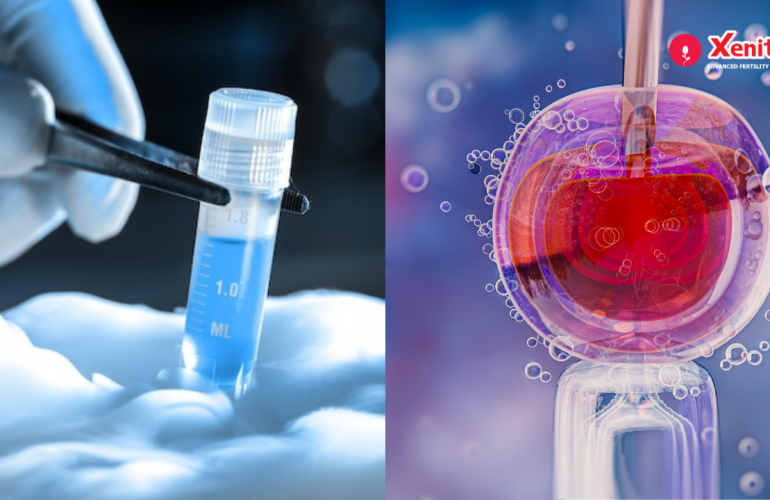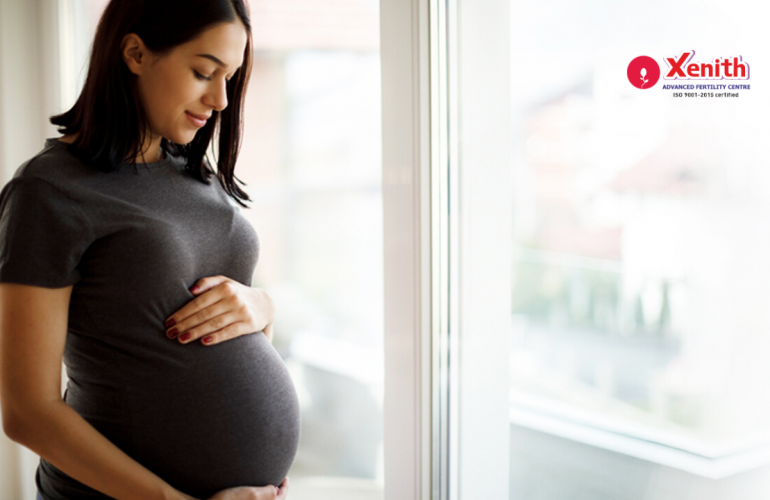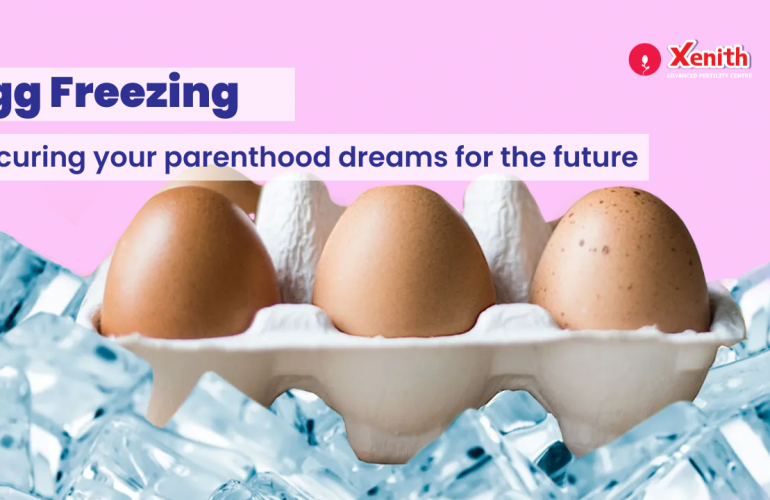The process of motherhood right from conception to delivery can be an exciting albeit nervous journey. When you finally get to hold the baby in your arms, you might be so relieved and thinking that taking care of the baby will come naturally. However, the first few weeks after delivery could be a huge adjustment period for the mom because babies need constant attention and the moms needs often go by the wayside. So how does a new mother cope and prepare for the post-partum journey?
New moms need extra care because their bodies have gone through and will continue going through many physical changes. Here are some things she might need:
- Education-They might be dealing with vaginal pain due to vaginal tears during delivery or pain after having a caesarean section due to the surgical incisions made in the abdomen and uterus. They might be given pain medication but if they are still in severe pain or have a fever, they need to consult their doctor immediately. They will also have heavy vaginal bleeding for the first few days which will taper off after 10- 12 days and change to a yellowish colour. If the heavy bleeding persists, they will need to get it checked by a doctor. (1) Breastfeeding support is needed especially for first time moms. They need to be educated about how the baby latches to the breast, how to make sure the baby is getting enough nutrition, the pain that might be involved with this and how to alleviate it, what to do if you have plugged ducts or mastitis or how to use nipple cream amongst other things. WHO recommends that the baby be breastfed at least for the first 6 months for optimal growth. (2) They might also need education on how to look after a newborn in other ways like bathing a baby, how to soothe a baby etc and all this might come with experience or with advice from the health care provider, family or friends. Sometimes they might need to deal with effects of pregnancy induced hypertension (high blood pressure) or gestational diabetes.
- Sleep or rest- is a necessity for a mom who is exhausted after just giving birth. However, with the baby’s feeding schedule and various other reasons, it might be difficult to get enough sleep. Try to sleep when the baby is sleeping even if it’s for short periods. Try to pump your breast milk using a breast pump and enlist the help of your partner or someone close to you to feed the baby while you get some rest.
- Various aids- like nursing pads, nursing bras, breast pump, nursing pillow, bottle warmers and sterilizers could come in handy during this time. Nursing pads placed in your bra helps absorb leaking breast milk. Nursing bras provide good support for the breasts and make it easier to quickly feed the baby. A bottle warmer can quickly warm up breast milk or formula and a bottle sterilizer can disinfect the bottle, nipple and its various parts. A breast pump can pump out extra milk from your breast to prevent breast engorgement and also makes it convenient for someone else to feed the baby. A nursing pillow can help hold the baby in the right position to breastfeed when the mom is too tired.
- “Me” time- allows the mother to do what she likes to do to give her a break from the baby. They could schedule some time for their partner or close family/friend to look after the baby while the mom gets some down time or do things that she enjoys like listening to music, painting, going out for a walk, shopping or innumerable other things.
- Eat healthy food and stay hydrated- in order for your body to recover from childbirth and also because you are breastfeeding. Try to eat nutritious foods high in protein and healthy fats, fruits, vegetables, whole grains, dairy, and nuts to give you energy and could improve your mental health. You could also look into taking postnatal vitamins as per your doctor’s recommendations.
- Emotional support– is important for women dealing with stress or depression. New moms might feel anxious, overwhelmed, have mood swings, crying spells, feel irritable, or have difficulty sleeping. It might help to talk with a therapist/counsellor or close friend or family to talk over what you are struggling with and how it makes you feel.
- Help- with doing things around the house like cleaning, laundry, cooking, or looking after siblings. You could also ask someone to pick up your groceries or cook your meals.
Newborns come with a lot of responsibility which can be tiring on the parents, especially the mom. When the mom is looked after both physically and mentally, she is able to, in turn, look after the baby well. If you have questions about any of these things, feel free to contact the experts at Xenith Advanced Fertility Centre.




